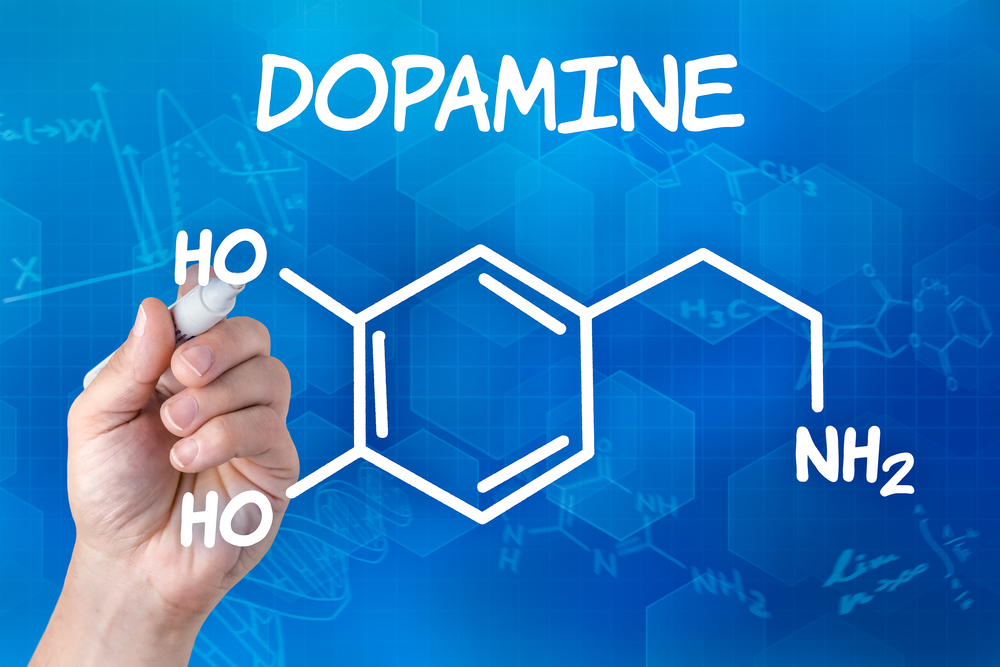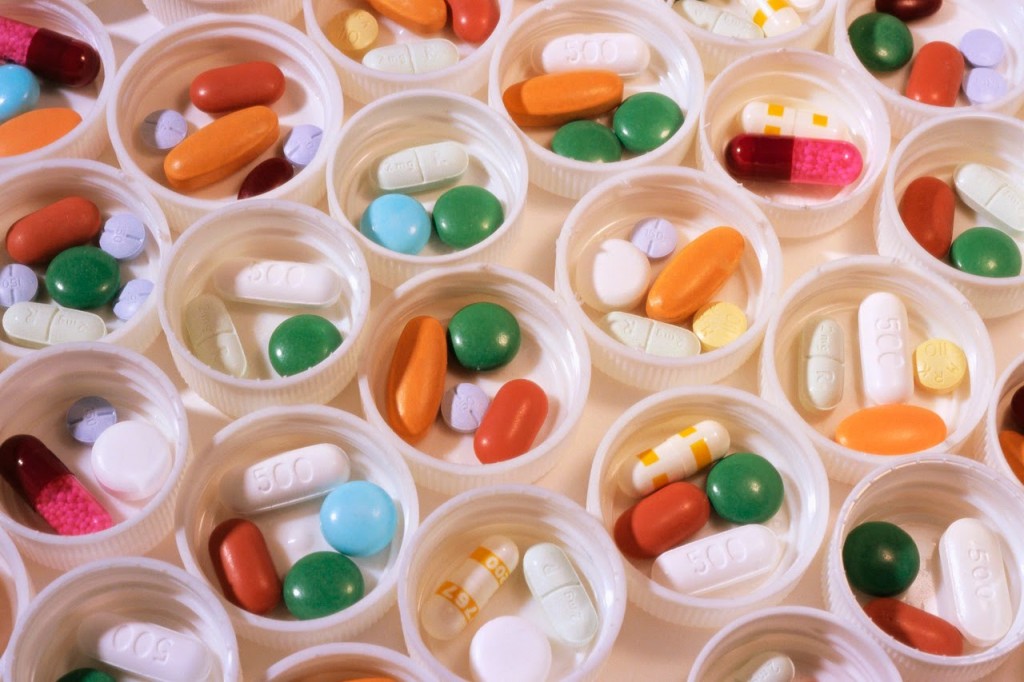Discovering drug addiction causes

Discovering drug addiction causes is very fundamental in dealing with the root of the problem
Discovering drug addiction causes: Mineral deficiencies
Drug-taking, especially alcohol, by parents and their children at an early age may cause genetic damage to the brain, a possible precursor to psychopathy and violent crime. While studying the behaviors of some prisoners with a view of discovering drug addiction causes, it was established that majority of prisoners often abuse drugs and have generally have been on a poor diet, high in meat, sugar and commercialized foods with deficiencies of thiamin, zinc and folate which are essential to brain function. According to doctor Dalal Akoury MD, President, and founder of AWAREmed health and wellness resource center, the work of Schoenthaler and Schauss and America on diet and crime has revealed how better diet and vitamin supplements have improved mood and reduced violent behavior in criminal populations.
Discovering drug addiction causes: Vitamin and Minerals
There are two kinds of foods (sugar and meat) believed to be causing vitamin and mineral deficiency alongside abnormal serotonin levels. Research has found evidence linking high sugar intake to abnormal blood glucose levels and alcoholism, and this is because sugar intake can cause nutrient deficiency like thiamin, zinc, vitamin C, folate, Vitamin E. etc. Meat also lacks vitamins such as thiamin and folate which are essential for brain function. The consumption of meat can create a deficiency of tryptophanth precursor of serotonin because it contains many other competing amino acids.
According to the American Dietetic Association’s Guidelines for Nutritional Care of Alcoholics during Rehabilitation, alcoholics are deficient in Vitamins B1, B2, B6, folic acid, and zinc. Experts have found evidence that the heavy drinker has a nutritional deficiency mainly because when one is under the influence of alcohol the intestines are thrown into reverse, preventing the digestive system from absorbing the vitamins minerals and trace elements it requires. It is also important to note that niacin (vitamin B3) has been found to help the alcoholic resist the craving for alcohol, combined with vitamin C, vitamin B6 and occasionally vitamin E so that a recovery is made feasible.
It, therefore, means that food nutrients are very instrumental in curbing the problem of drug taking and addiction. Nevertheless, foods high in both sugar and fat create a sense of euphoria and pleasure which conditions the child for the drug experience. Children raised on poor diets high in sugar, caffeine and animal products and lacking in plant foods will be at risk of developing a drug dependency. Children on high caffeine and sugar intake through chocolates and cola drinks have higher levels of hyperactivity and anxiety.
With this, parents need to consider the effect of poor diet on their children. The very things that children enjoy most, may predispose them to nutritional inadequacy and loss of appetite for vegetables and fruits. As parents, we need to change our actions and start doing the right thing to our children and to ourselves. Finally, because we are in the business of making people comfortable and healthy despite the challenges of addiction, AWAREmed Health, and Wellness Resource Center is focusing on Neuroendocrine Restoration (NER) to reinstate normality through the realization of the Oneness of Spirit, Mind, and Body, Unifying the threesome into ONE. Visiting us is all you need and you will be on the right path to full recovery.
Discovering drug addiction causes: Mineral deficiencies
http://regenerativepotential.com/wp-admin









